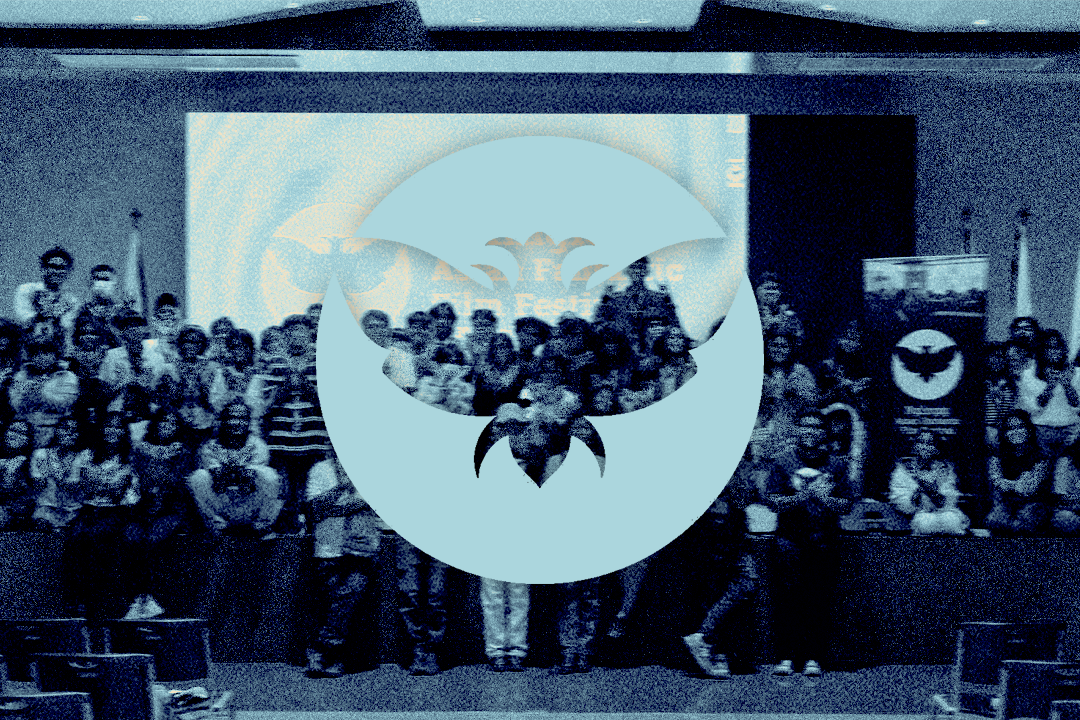‘New definitions’: Ngilngig film festival makes fantastic return
‘New definitions’: Ngilngig film festival makes fantastic return
After a two-year break, the Ngilngig Asian Fantastic Film Festival is back with a trove of fantastical stories from all over the regions and Asia.
The last edition of the Ngilngig Film Festival was back in 2022. The festival programmers were initially “overwhelmed” by the ground they had to cover to make up for two-year’s worth of cinema.
“It was overwhelming, but on the other hand, it was also good from a programming perspective because we were able to find a wide variety of shorts that fit our concept of ngilngig—the fantastic,” Jay Rosas, the festival’s lead film programmer, said in an online call.
Thirty-four short films coming from different regions in the country will compete in the Philippine Shorts program. Meanwhile, the Asian Shorts program boasts entries from South Korea, Japan, China, Singapore, Malaysia, Thailand, Laos, Vietnam, as well as the Philippines. Festival goers can also expect an assortment of wack and wild in the Ngilngig Un/Tamed shorts section.
What many may not know is that film programming is an arduous process: from visiting film festivals all over the country to watching each submission and deliberating on its merits. For first-time programmer Maki Cabrera, thematic awareness served as a guiding principle in this year’s selection and likened it to feeling the “pulse of the cinephile community.”
Photo credit: TIMEWRAP
“We noticed that there were common themes that naturally emerged from the films shown,” Cabrera said. “So it was more about noticing the themes that have already been prominent in the festival circuit.”
And Ngilngig is a unique kind of film festival. Its name comes from a Bisaya expression for something that is deemed “awesome” or for something that elicits horror. For the festival crew, they want to focus more on the “fantastic” aspect and program a wide range of films.
“We want to help people understand the broad scope of what a fantastic film festival is,” Rosas said.
True to their word, Ngilngig embarked on a campus tour in different high schools and colleges in Davao as a “warm-up” to the festival, showcasing iconic short films and conducting talks with filmmakers. It’s their way of “reaching out” to the schools, especially those that are looking to be more involved in the local film community.
“It’s something we’ve also been doing with Pasalidahay (a Davao-based film collective) before, and the purpose was for audience development,” said Cabrera. “I think it’s important because it helps develop interest and appreciation in filmmaking during [students’] formative years of high school and college; that’s when it started for me too.”
Homecoming
Edmund Telmo and Andre Miguel in Kantil.
The opening film, Kantil, follows two star-crossed lovers whose lives change after the discovery of a mysterious alien shell, amidst a turbulent fight for land in their coastal village. It first premiered at this year’s Cinemalaya Independent Film Festival, and will now make its homecoming in Davao where it was shot.
“There was an intention to bring Kantil home,” said Cabrera. “Upon watching the film, it also resonated with us the sense of community we are trying to build, and the audience we are trying to nurture.”
He also hopes that younger generations of filmmakers will be inspired by director Joshua Medroso's journey of bringing regional filmmaking to national attention like Cinemalaya.
“By having Joshua present his film, we can show that it’s really possible to create a film and have it be on the national platform,” Cabrera added. “That was one of the driving forces why we’re opening with Kantil.”
And geography is central to Kantil. The film is set entirely in Tibungco, where Medroso hails from. Anna Miguel Cervantes, another first-time film programmer, called the film a “love letter” to Tibungco and praised Medroso’s ability to work with and unify diverse voices.
“Joshua is someone who is able to bring out not just his own personal experiences of place in Tibungco, but also bring forth the nuances and characteristics of other people that he has worked with,” said Cervantes.
“It’s important for us to bring home a piece of Tibungco towards the bigger narratives or platform of the festival,” she added.
‘New definitions’
Besides cinephiles and film enthusiasts, there is probably no one more enthusiastic for film festival season than the programmers themselves.
“I’m looking forward to the reactions to the films, and the conversations that will come out of it,” Rosas said. “Some of the Ngilngig filmmakers will be present at the festival, so I’m excited to find out what they think about the films we programmed as well.”
“To see audiences watching films in real-time in the cinema again inspires me and gives me a homey feeling, and that’s what’s exciting for me this year,” Cervantes added.
And going on its ninth edition, the Ngilngig team promises a “new” experience of the fantastic.
“I’m excited for audiences to really embrace a new definition of Ngilngig,” Cabrera said. “And for them to change what they used to think when they encounter the word ngilngig and to see what resonates with them from the program.”
The Ngilngig Asian Fantastic Film Festival runs from October 26 to 30 in Davao City. — with additional reporting by Jason Friedlander




















